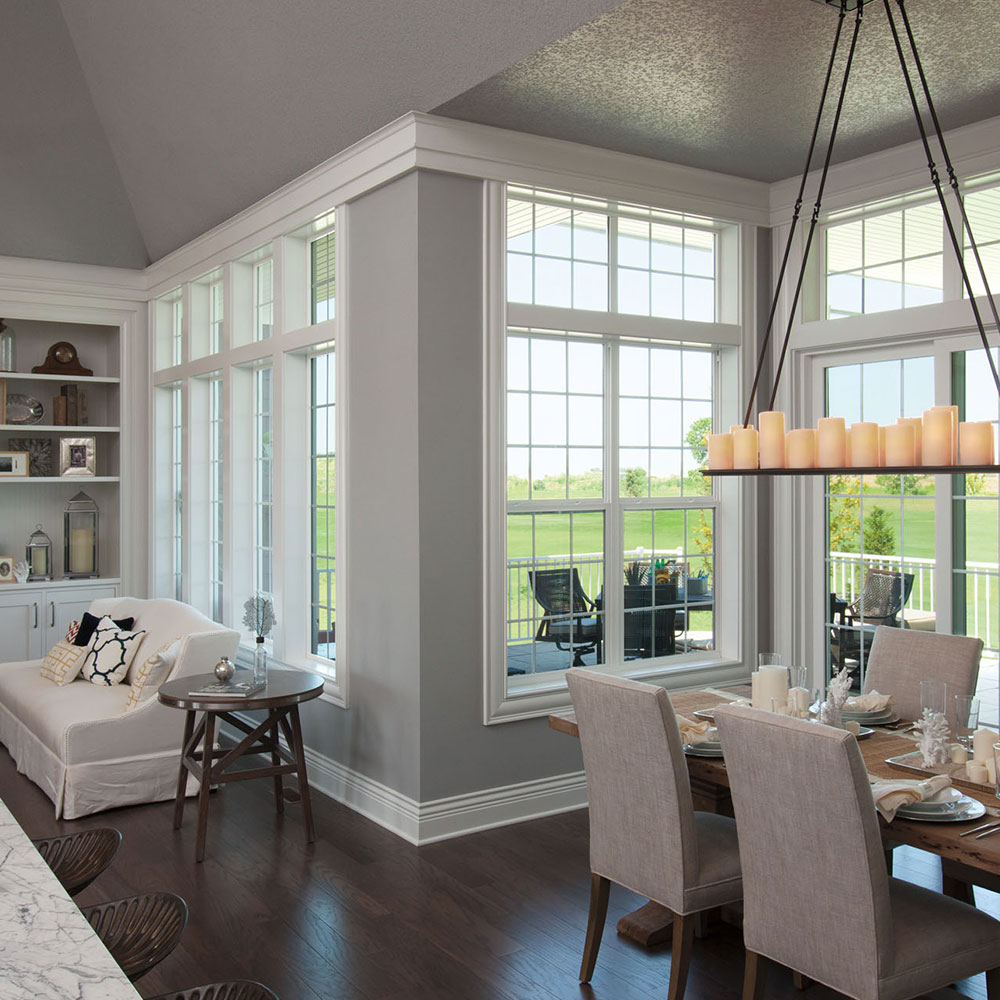Update Your Home with Houston Pella Windows Setup
Update Your Home with Houston Pella Windows Setup
Blog Article
Upgrade Your Home With Energy-Efficient Window Replacements
In the world of home improvement, the decision to update to energy-efficient home window substitutes can dramatically influence both the capability and appearances of a residence. Beyond the surface area level of simple aesthetics, energy-efficient windows use a wide range of benefits that go beyond mere aesthetic charm.
Benefits of Energy-Efficient Windows

The setup of energy-efficient home windows provides considerable cost savings on utility costs while enhancing environmental sustainability. Energy-efficient windows are developed to lessen warmth loss and gain, decreasing the demand for home heating and cooling systems to burn the midnight oil. By efficiently protecting the home, these home windows aid preserve a comfy indoor temperature year-round, leading to lower energy intake and decreased utility costs. In addition, energy-efficient home windows can aid regulate moisture degrees within the home, decreasing the danger of mold and mildew growth.
Beyond the economic benefits, energy-efficient home windows contribute to environmental sustainability by decreasing carbon emissions linked with power production. Overall, spending in energy-efficient home windows not only enhances the comfort and performance of a home however additionally straightens with ecologically conscious practices.
Kinds Of Energy-Efficient Glass
Different innovative kinds of energy-efficient glass deal unique properties that cater to various demands and choices in improving the sustainability and efficiency of structures. Low-emissivity (Low-E) glass is a popular option developed to reduce the amount of ultraviolet and infrared light that can travel through the glass, consequently reducing warmth transfer. This sort of glass assists keep a consistent indoor temperature, decreasing the need for home heating or cooling down systems, and eventually lowering energy prices. One more ingenious option is spectrally careful glass, which allows noticeable light to travel through while blocking certain kinds of infrared radiation. This aids in maintaining a comfortable indoor atmosphere while minimizing warm gain. Triple-pane glass, consisting of 3 layers of glass with insulating gas in between them, offers improved thermal insulation, making it highly energy-efficient. In addition, self-cleaning glass with a special finishing that breaks down and loosens up dust when subjected to sunshine can lower maintenance demands and maintain windows looking tidy. Each kind of energy-efficient glass uses distinctive benefits, permitting house owners to pick the most appropriate option based on their certain needs and objectives.
Elements to Consider When Choosing
When contemplating energy-efficient window replacements, it is imperative to meticulously assess specific elements that align with your sustainability purposes and wanted energy financial savings. The U-factor actions just how well the window shields, with reduced numbers indicating much better insulation, while the SHGC suggests the window's capability to obstruct warm from sunlight. By very carefully examining these aspects, you can pick energy-efficient home windows that enhance convenience, reduce energy costs, and benefit the visit here setting.
Installment and Upkeep Tips

Regular maintenance is vital to protecting the performance of your energy-efficient windows. Examine the home windows regularly for any type of signs of wear, sealant, or damages damage. Tidy the structures, tracks, and glass on a regular basis making use of light soap and water to get rid of dust and crud that can affect performance. Check the weather-stripping and seals for any type of spaces or rips and replace them if visit required to maintain the home windows' power efficiency.
Additionally, oil relocating components such as joints and locks to guarantee smooth procedure. By complying with these installment and maintenance ideas, you can enhance the energy effectiveness of your home and prolong the life-span of your energy-efficient windows.
Cost-Benefit Analysis of Upgrading

Energy-efficient windows are designed to minimize warm transfer, lowering the demand for heating and cooling systems to burn the midnight oil. This can lead to substantial savings on power bills, especially in regions with severe temperatures. Furthermore, energy-efficient windows can enhance the general value of your home, making it a lot more appealing to potential customers if you determine to market in the future.
When determining the cost-benefit analysis, factor in the home possible savings on power bills, any readily available incentives or refunds, and the life expectancy of the windows. While the preliminary expense may be greater, the lasting financial savings and advantages of energy-efficient home windows make them a clever investment for house owners looking to enhance their property's power efficiency and value.

Verdict
In conclusion, updating to energy-efficient home window substitutes uses many benefits such as minimized power consumption, increased comfort, and price financial savings. By selecting the appropriate type of energy-efficient glass and taking into consideration variables like structure product and setup, homeowners can optimize the performance of their windows.
When considering energy-efficient window substitutes, it is necessary to carefully assess specific aspects that line up with your sustainability purposes and preferred power cost savings. The U-factor measures just how well the window protects, with reduced numbers showing much better insulation, while the SHGC indicates the home window's ability to obstruct heat from sunshine. By thoroughly assessing these factors, you can choose energy-efficient home windows that improve convenience, minimize energy expenses, and benefit the setting.
While energy-efficient windows might have a greater in advance expense compared to standard home windows, the lasting benefits commonly surpass the first investment.In conclusion, upgrading to energy-efficient window substitutes supplies many advantages such as reduced power consumption, raised comfort, and cost savings.
Report this page